10 Poisonous Fruits and Vegetables We Eat Every Day
Categories: Food and Drinks | Health and Medicine | Healthy lifestyle | World
By Pictolic https://pictolic.com/article/10-poisonous-fruits-and-vegetables-we-eat-every-day1.htmlAlmost every day we eat products made from plants that contain deadly poisons. Many of us believe that there is nothing healthier than fruits and vegetables, but sometimes we are unaware of the hidden danger that lurks in them. Of course, most of the time we should not worry, but there have been cases of people accidentally killing themselves by eating a poisonous part of a plant or fruit. Here are 10 fruits and vegetables that you should be careful with.

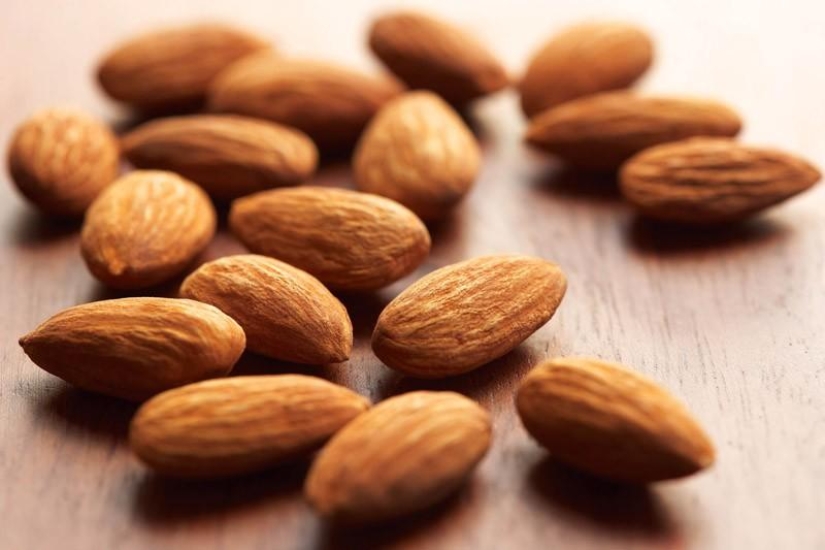
Almonds are considered a dry fruit, not a nut as many people think. They have a unique taste and are one of the most popular ingredients in desserts and other dishes. The most aromatic is the bitter almond, which contains poisonous cyanide. That is why bitter almonds are usually processed to remove the poison. In addition, heating also destroys the poison.
In some countries, such as New Zealand, the sale of bitter almonds is prohibited by law.
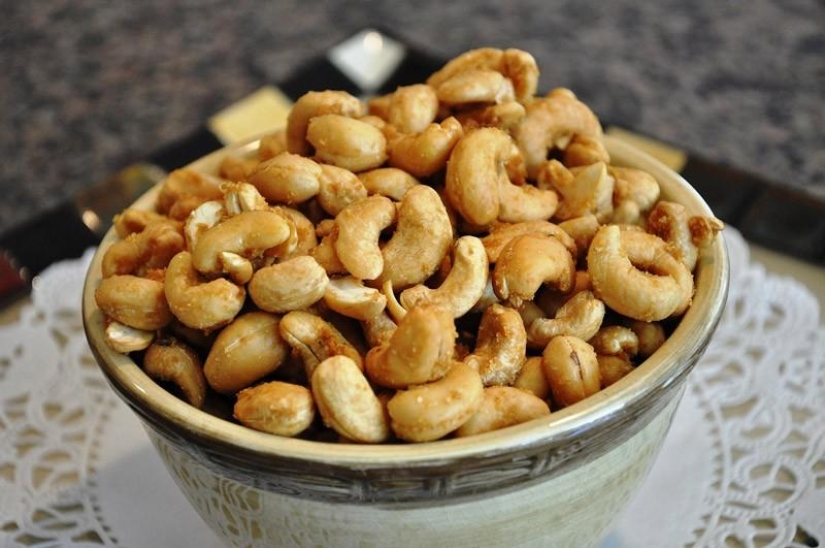
Cashews are seeds, not nuts, that grow from the cashew fruit or “apple.” Cashews sold in stores are not raw and are pre-steamed. This is because raw cashews contain a substance called urushiol, which is also found in the poison ivy plant and causes allergy symptoms. Consuming large amounts of urushiol can be fatal. Although cashew poisoning is rare, workers who shell the nut often experience unwanted side effects, such as skin irritation.
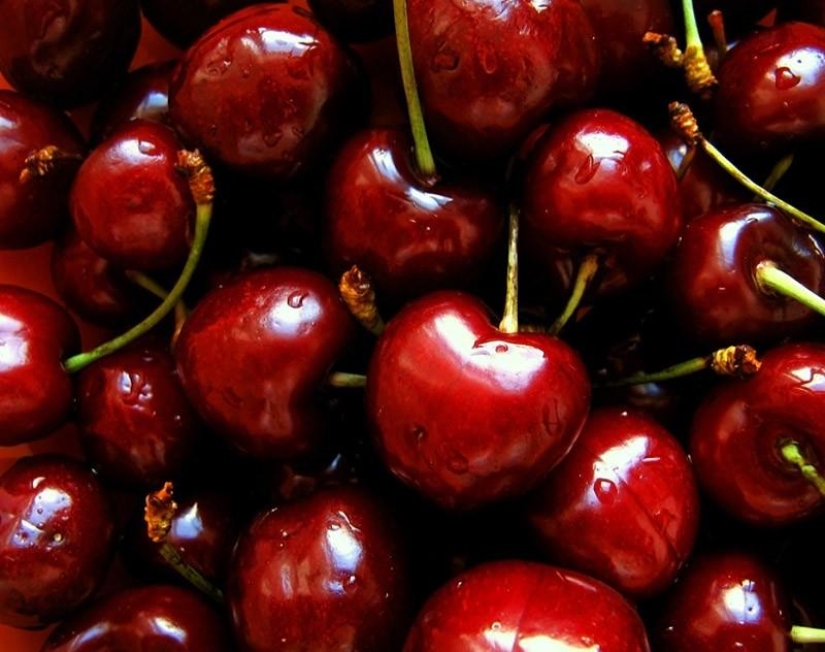
Cherries, as well as apricots, peaches and plums, contain cyanide in their pits. If you gnaw, chew or otherwise damage the pit, you expose yourself to hydrogen cyanide. Of course, if you swallow a few pits, nothing bad will happen, since our body can cope with a certain amount of cyanide, but in large quantities it can be dangerous.
Symptoms of mild poisoning include headache, dizziness, disorientation, anxiety and vomiting. In large doses, it can cause difficulty breathing, increased blood pressure and heart rate, and kidney failure, even death.
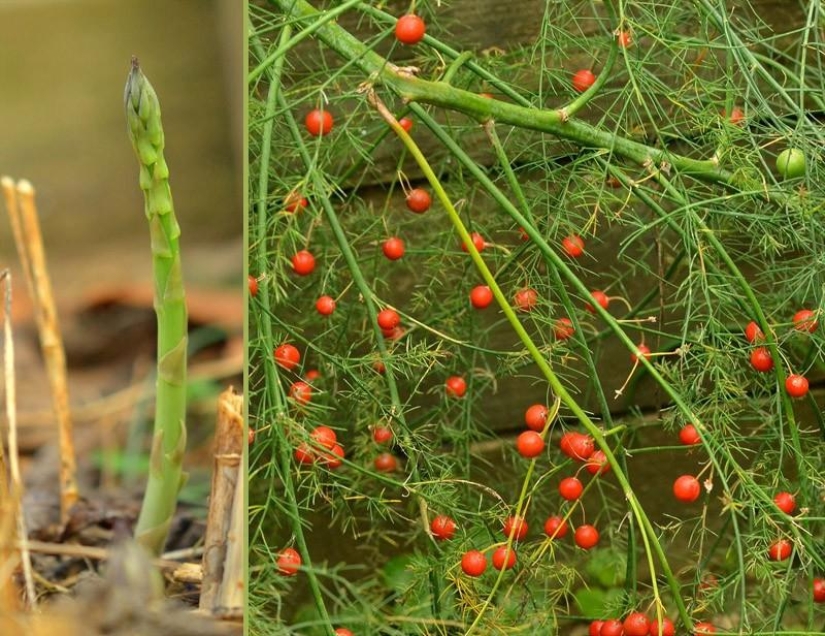
Asparagus is a vegetable that produces fruit, which, by the way, is poisonous. The fact is that a vegetable is usually the edible part of a plant, which can be leaves, stems or roots. Asparagus has been used as a vegetable and medicine since ancient times, due to its pleasant taste and diuretic properties. The fruit is a small red berry with a diameter of 6-10 mm, which is poisonous to humans.
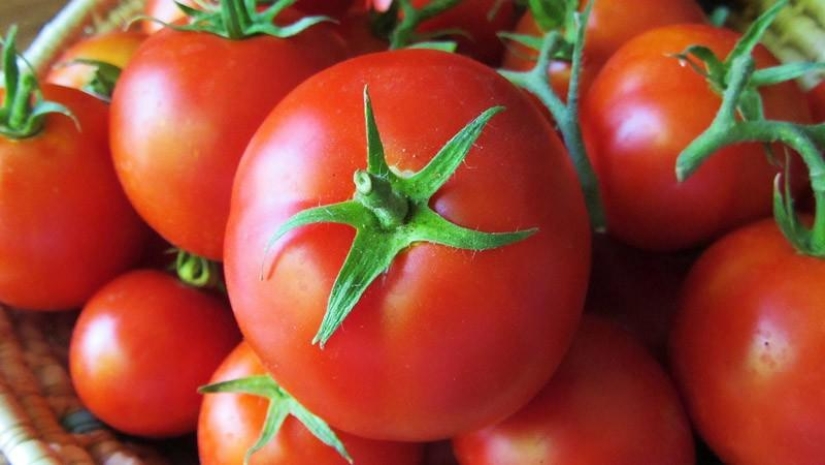
Fun fact: In the US, tomatoes are considered a vegetable, while in the rest of the world they are considered a fruit, or more accurately, a berry. This is because there is a tax on vegetables, not fruits. The leaves and stems of tomatoes contain a substance called "glycoalkaloid" that can cause extreme nervousness, headaches, and stomach upset. There is also some of this substance in green tomatoes, but usually in small amounts.
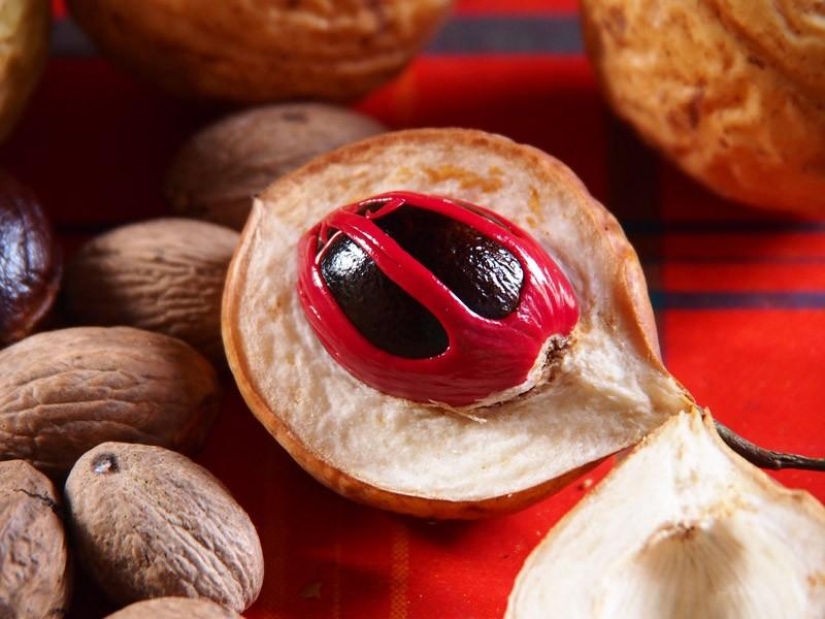
Nutmeg contains a psychoactive substance called myristicin. Too much of this substance can cause vomiting, sweating, dizziness, hallucinations, and headaches. However, there is no need to worry. The amount used in cooking is not enough to cause any of these symptoms. However, recently, teenagers have been using nutmeg as a soft drug, which often has not very good consequences.
Mushrooms are considered a delicacy in many countries around the world where they are grown commercially. But as we know, there is also a family of poisonous mushrooms.
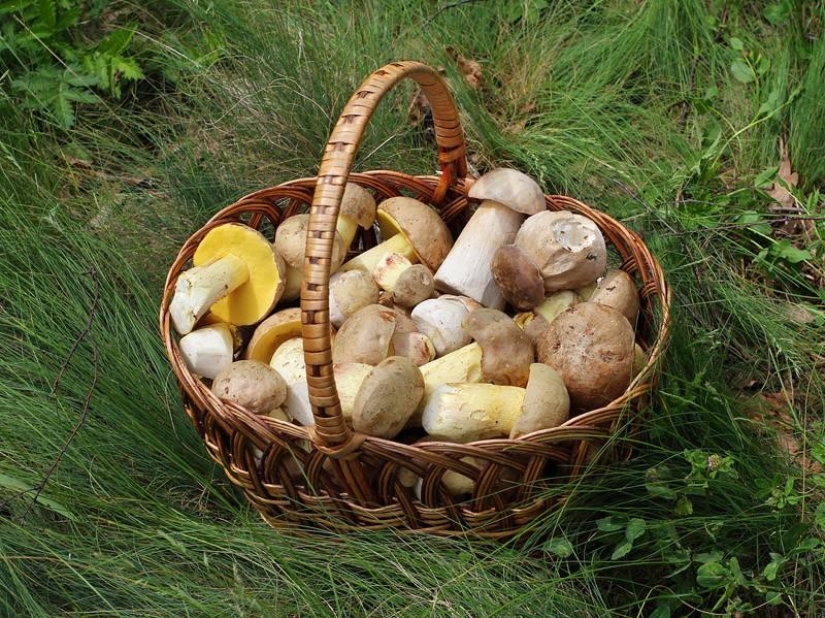
Many people believe that there are obvious signs of poisonous mushrooms, such as a ring on the stem, an unpleasant smell and bright color. However, the only sure way to distinguish an edible mushroom from a poisonous one is to know and understand mushrooms well.
Signs of mushroom poisoning may appear in 1-2 hours, sometimes in 8-12 hours and include abdominal pain, vomiting, nausea and diarrhea. You can also get poisoned by poorly cooked or spoiled edible mushrooms.

Although chocolate is not poisonous to humans, the ingredient theobromine in chocolate is dangerous to dogs and cats. Just 40 grams can cause serious poisoning, so you should not leave chocolate treats within reach of your pets. Although the dose of theobromine in chocolate is too small to cause any adverse effects, some elderly people do not tolerate chocolate well.
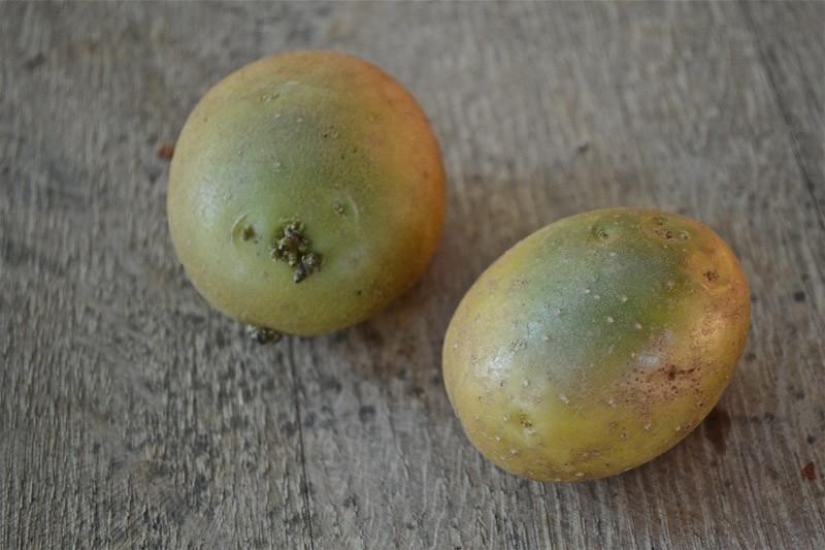
Potatoes are one of the most widely grown vegetables in the world. Like tomatoes, potatoes contain glycoalkaloids in their stems and leaves. The tubers themselves are safe to eat unless they turn green or sprout. Green potatoes contain solanine, which is produced when exposed to ultraviolet light.
Consuming large amounts of solanine can cause symptoms of poisoning: nausea, vomiting, diarrhea, abdominal pain, and in severe cases, coma and even death. That is why potatoes should be stored in a cool, dark place.
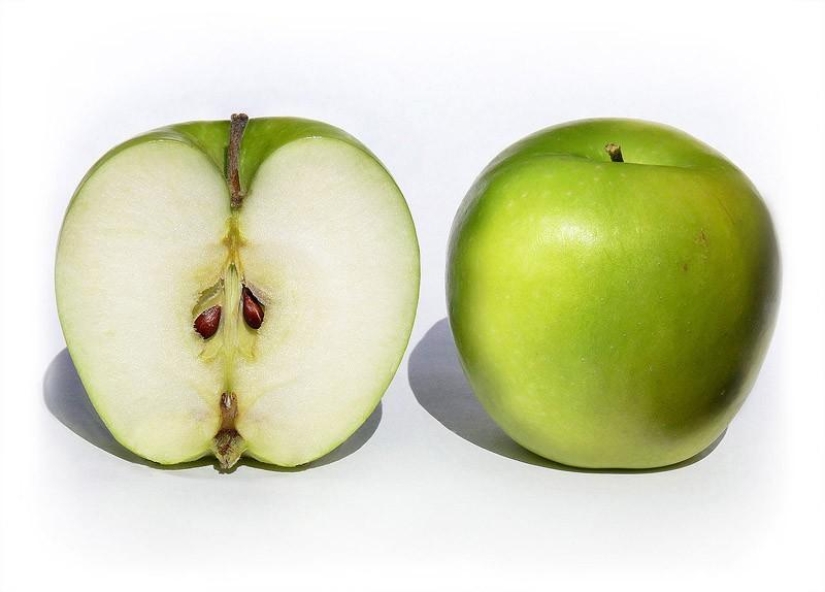
Apple seeds, like cherries and almonds, contain small amounts of cyanide. However, it would take a large amount of seeds to cause symptoms of poisoning. If you accidentally swallow a few seeds whole, it won't affect your health, as our bodies can handle small amounts of cyanide. However, chewing the seeds makes them more dangerous, especially for children and pets, who can handle a smaller dose.
Recent articles

It's high time to admit that this whole hipster idea has gone too far. The concept has become so popular that even restaurants have ...

There is a perception that people only use 10% of their brain potential. But the heroes of our review, apparently, found a way to ...

New Year's is a time to surprise and delight loved ones not only with gifts but also with a unique presentation of the holiday ...